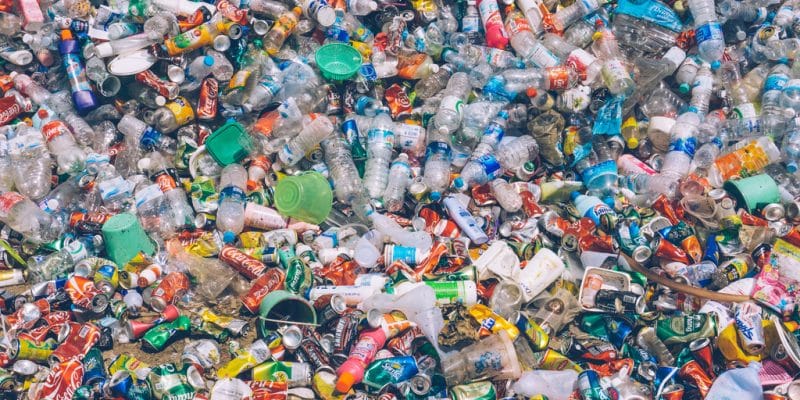"Brazzaville without plastic waste". This is the sanitation campaign that will be implemented by the end of 2023 in the capital of Congo by the Circle of Elite Travelers in Tourism and Environment (CEVTE) and the citizen initiative Good Deeds Days.
In Congo, the city of Brazzaville generates about 300 tons of waste per day, according to official figures. Faced with this situation, the Cercle des élites en voyages tourisme et environnement (CEVTE) and the Good Deeds Days initiative, which promotes sustainable development in 120 countries, have joined forces to implement the “Brazzaville without plastic waste” campaign by the end of 2023.
“We are specifically targeting plastic because it is destroying our environment. A plastic bottle has a lifespan of 4,500 years before it deteriorates. Also, because there is not yet a harmonised policy for the recovery of this type of waste in Congo. Ideally, recovery and recycling strategies should be put in place to obtain biodegradable materials. To achieve this, we need to raise awareness among the population,” explains Elwin Event Gomo, CEVTE’s communications officer.
In total, nine councils of the Congolese capital will be rid for a month of the tons of packaging and plastic bottles that litter the streets and pollute the environment. “Brazzaville without plastic waste” thus reinforces sustainable waste management in this Central African country. In February 2022, the municipal authorities of the industrial town of Nkayi, located in the Bouenza department, announced the construction of a plant to convert plastic waste into paving stones.
Read also-
These paving stones will be marketed for various local development works. The facility, which will benefit 120,000 people, is being financed to the tune of 21 billion CFA francs (around 32 million euros) by the European Union (EU) as part of its “resilient cities” programme. It focuses on local and sustainable development, but also on climate action in several municipalities, particularly in Africa.
Benoit-Ivan Wansi




